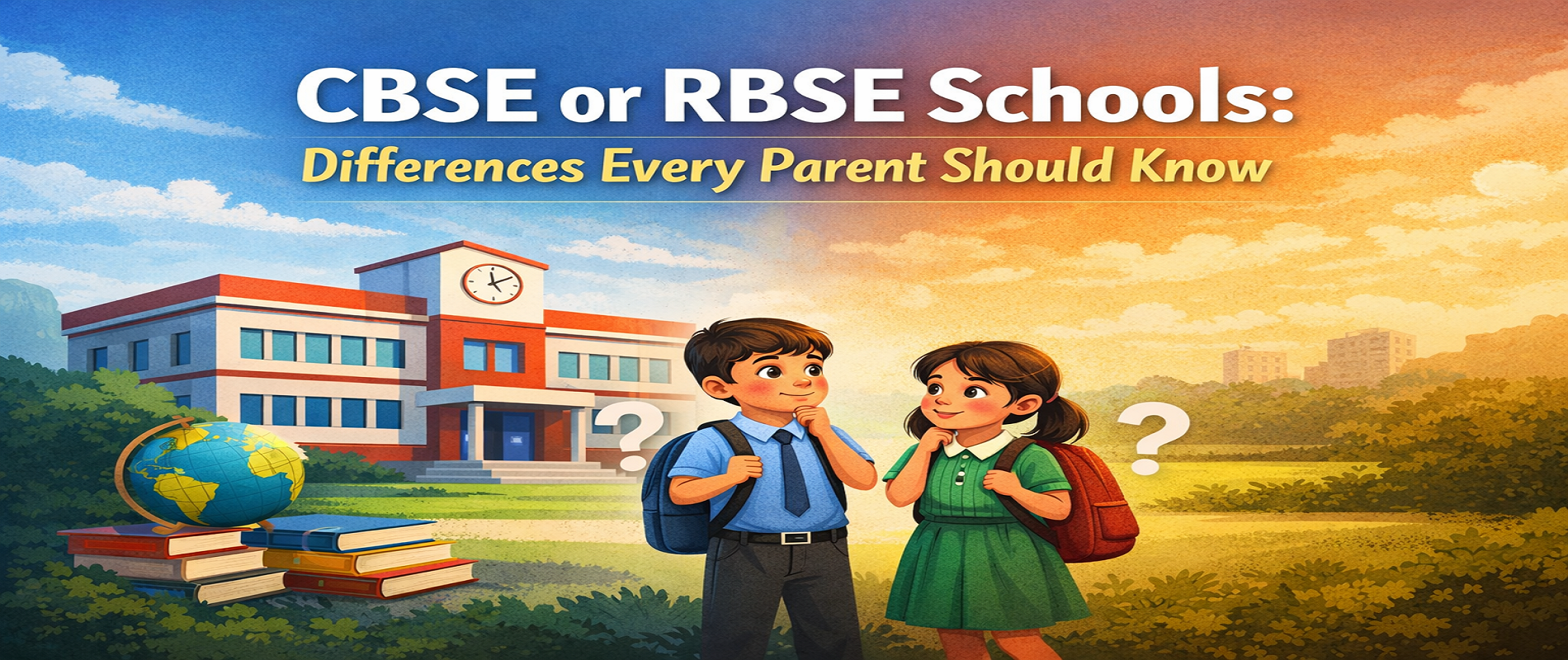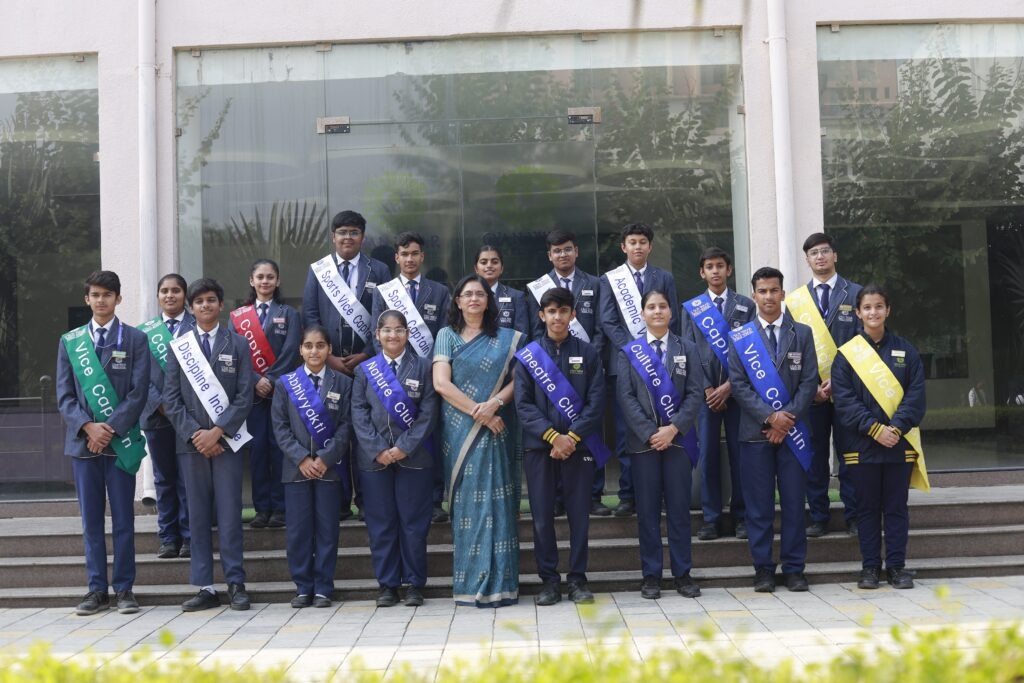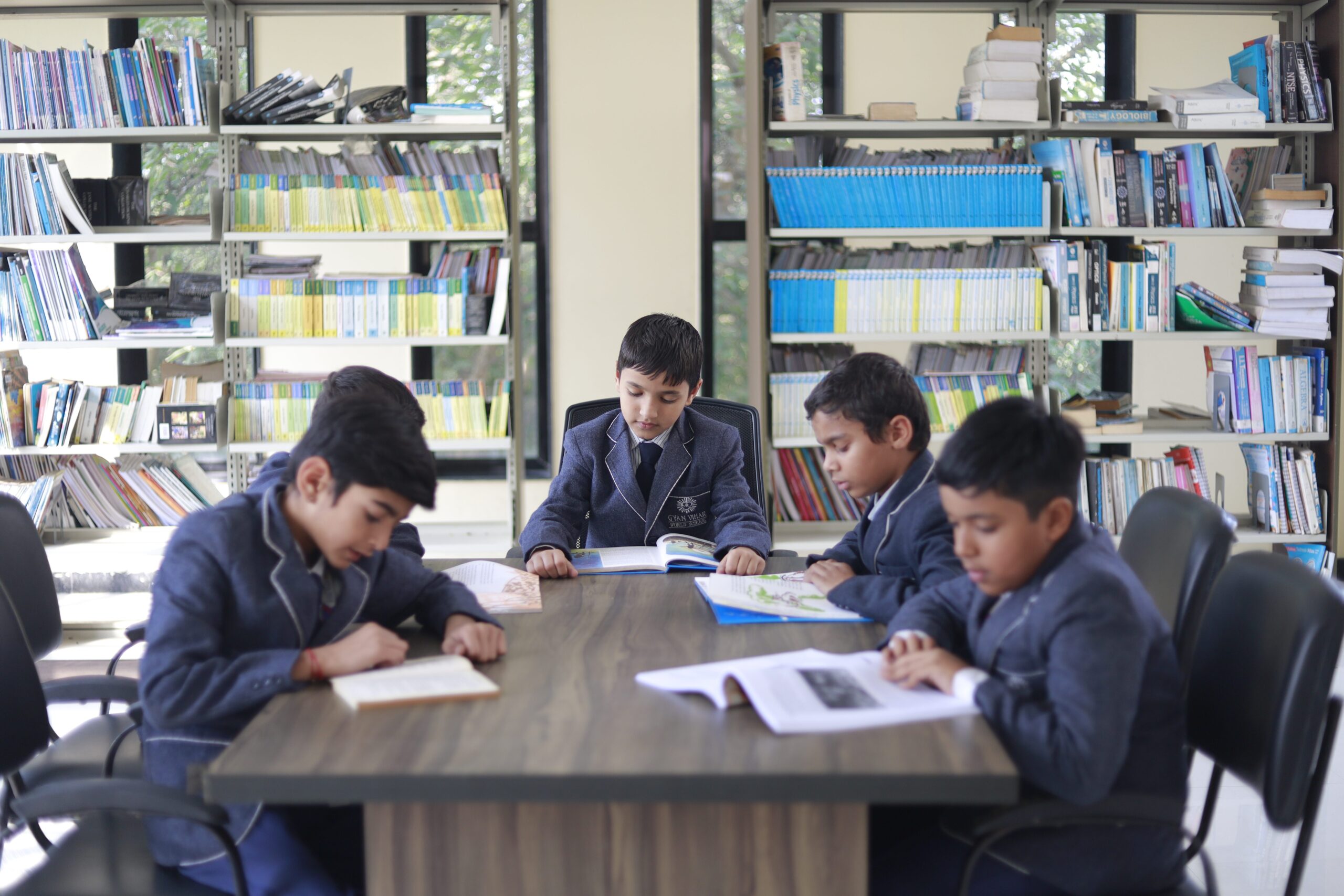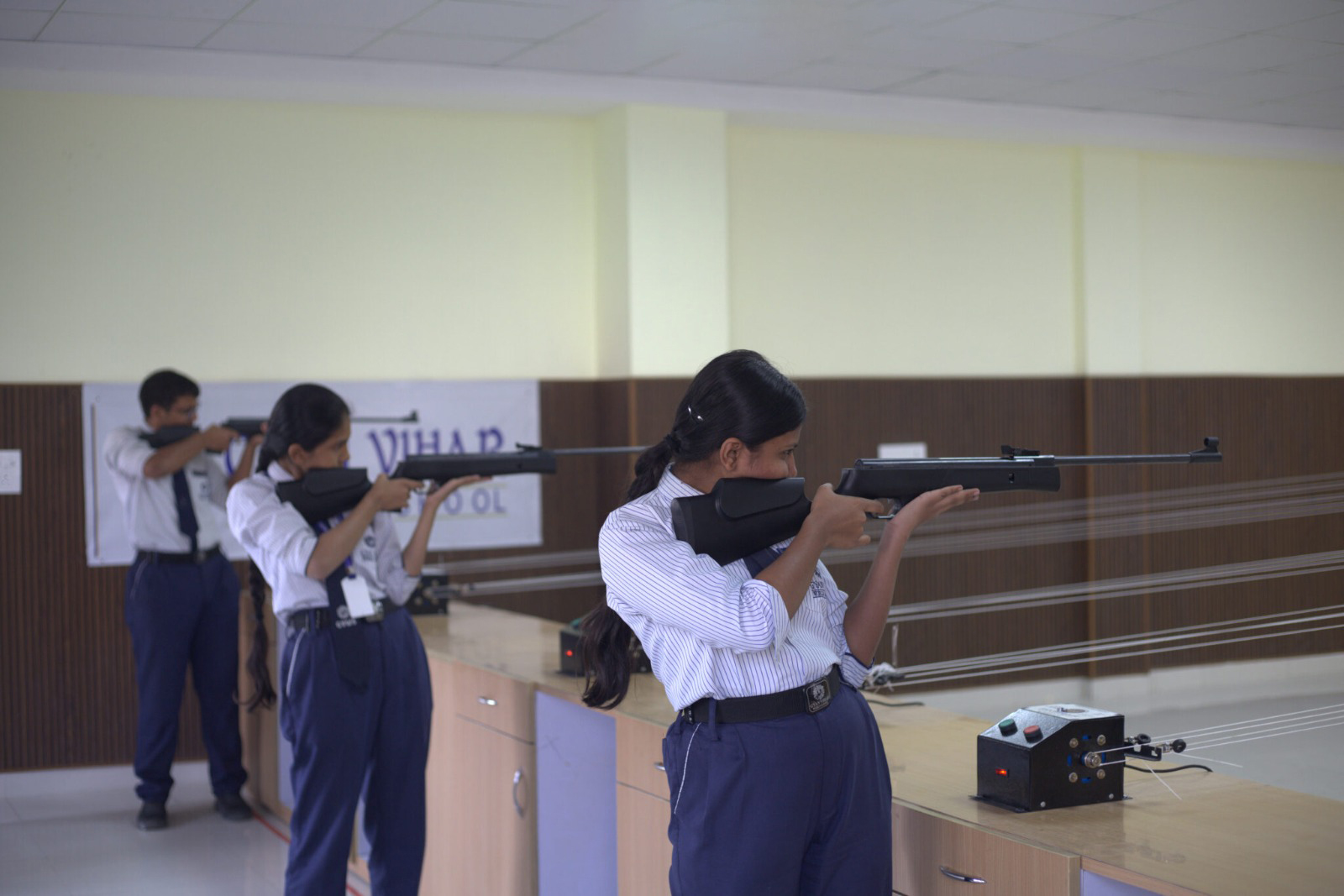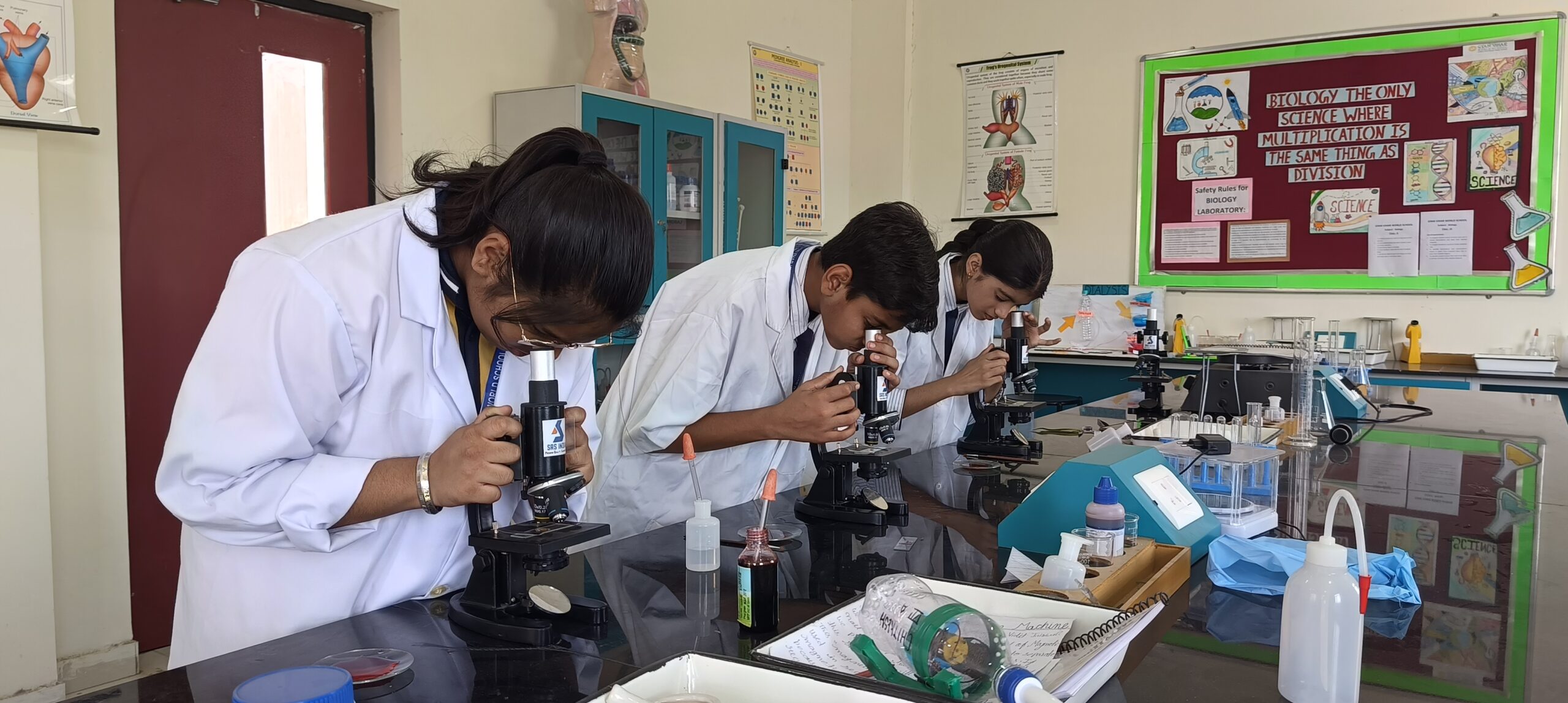India, the world’s largest democracy, boasts a rich history and a vibrant political landscape. But how did this democratic system come to be? This blog, brought to you by Gyan Vihar World School, a leading CBSE school in Jaipur and one of the Top Schools in Jaipur, takes you on a journey exploring the evolution of democracy in India, from the fight for independence to the present day.
The Seeds of Democracy: Pre-Independence Struggles
The roots of Indian democracy can be traced back further than just the fight for independence from British rule. However, the independence movement undoubtedly played a pivotal role in shaping the democratic ideals of the nation. Let’s delve deeper into this period:
-
The Influence of Ancient Traditions:
India boasts a rich history with elements of self-governance evident in ancient village councils and republics. These early systems fostered a sense of community participation and decision-making, laying the groundwork for democratic principles.
-
The Rise of Nationalism:
The 18th and 19th centuries witnessed a surge in national consciousness. Thinkers like Raja Ram Mohan Roy and Swami Vivekananda challenged the existing social order and advocated for individual rights, social reform, and a more just society. These ideas laid the foundation for a democratic India based on equality and liberty.
-
The Impact of Western Thought:
Exposure to Western ideals of democracy, liberty, and representative government during the colonial era significantly influenced Indian intellectuals. Leaders like Dadabhai Naoroji and Gopal Krishna Gokhale championed these concepts, advocating for self-rule and a government accountable to the people.
-
The Growth of the Indian National Congress (INC):
Founded in 1885, the INC became the principal force leading the independence movement. The INC, under the leadership of Mahatma Gandhi and other visionary leaders, adopted non-violent resistance and civil disobedience as its core principles. These methods emphasized peaceful protest and citizen participation, further strengthening democratic ideals.
-
The Demand for Swaraj (Self-Rule):
A central theme of the independence movement was the concept of Swaraj, or self-rule. The INC’s fight for Swaraj emphasized the importance of a government by the people, for the people. This instilled a strong democratic spirit in the hearts and minds of millions of Indians, paving the way for a democratic future.
The Dawn of Democracy: The Birth of a Nation (1947)
After a long and arduous struggle, India achieved independence in 1947. This monumental event marked the beginning of a new era, one where India would chart its course as a democratic republic. Here’s a closer look at the challenges and triumphs of this period:
-
The Formation of a Constituent Assembly:
Following independence, India embarked on the crucial task of drafting a constitution. A diverse group of representatives was elected to form the Constituent Assembly, tasked with creating a framework for a democratic government.
-
Debates and Deliberations:
The Constituent Assembly engaged in extensive debates and deliberations over several years. They meticulously crafted a constitution that enshrined fundamental rights for all citizens, established a parliamentary democracy based on the Westminster system, and guaranteed universal adult suffrage.
-
The Birth of the Indian Constitution:
In 1950, India adopted its meticulously crafted Constitution. This document became the cornerstone of Indian democracy, outlining the rights, duties, and framework for a federal government with a balance of power between the central and state governments.
-
Challenges of Nation-Building:
The early years of independence were marked by significant challenges. The integration of princely states, the resettlement of refugees displaced by partition, and the threat of communal violence demanded immediate attention. Despite these hurdles, India persevered and laid the foundation for a stable democratic system.
The Democratic Journey Continues: Post-Independence Developments
India’s democratic experiment is a work in progress, constantly evolving to meet the changing needs of its citizens. Let’s explore some key milestones in this ongoing process:
-
Evolving Political Landscape:
India’s democracy thrives on its diversity. The emergence of strong regional political parties alongside the national parties ensured broader representation and addressed the concerns of diverse communities. This multi-party system fosters healthy political competition and strengthens the federal structure of the nation.
-
Electoral Dynamism:
India boasts the world’s largest electorate, with a high voter turnout in national and state elections. This vibrant electoral process reflects the active participation of citizens in choosing their representatives and shaping their government. Regular elections ensure accountability and provide an opportunity for the people to voice their concerns and aspirations.
-
Decentralization and Grassroots Democracy:
The Panchayati Raj system, a form of local self-government, empowers villages to participate in decision-making processes related to local development. This fosters a sense of ownership and strengthens democracy at the grassroots level.
-
Challenges and Opportunities:
Despite its strengths, Indian democracy faces ongoing challenges like corruption, social inequalities, and economic disparities. However, India’s strong democratic institutions, a growing and active civil society, and a vibrant media landscape offer hope for addressing these issues and ensuring inclusive growth.
-
The Rise of Social Movements:
India has a rich history of social movements advocating for social justice, environmental protection, and women’s rights. These movements play a crucial role in holding the government accountable, raising awareness about critical issues, and promoting positive change. Social movements utilize democratic tools like peaceful protests, petitions, and public campaigns to amplify their voices and influence policy decisions.
-
The Role of Technology:
The rise of technology has significantly impacted Indian democracy. Social media platforms have become powerful tools for political discourse, citizen engagement, and mobilizing communities around important issues. However, it’s crucial to be responsible digital citizens, fact-check information, and avoid spreading misinformation.
-
The Importance of a Free Press:
A free and independent press is vital for a healthy democracy. The media plays a critical role in holding the government accountable, investigating corruption, and informing citizens about important issues. A strong media landscape fosters transparency and empowers citizens to make informed decisions.
The Role of Citizens in a Thriving Democracy
The success of any democracy relies heavily on the active participation of its citizens. Here are some concrete steps you, as a young Indian, can take to contribute to a stronger and more vibrant democracy:
-
Be Informed:
Stay updated on current affairs by reading newspapers, watching news channels critically, and exploring reliable online resources. Develop your critical thinking skills to analyze information, identify biases, and form your own well-informed opinions.
-
Participate in Elections:
Voting is your fundamental right and a cornerstone of democracy. Register to vote when you turn 18, research candidates’ platforms, and cast your ballot responsibly. Encourage your family and friends to do the same. Every vote counts in shaping the future of the nation.
-
Hold Leaders Accountable:
Question the actions of your elected representatives. Write to them, attend public meetings, and voice your concerns. Demand transparency and hold them accountable for their promises.
-
Engage in Peaceful Discourse:
Discuss political issues with friends, family, and classmates in a respectful manner. Participate in debates, online forums, and youth-led discussions. Engaging in constructive dialogue helps you understand different perspectives and strengthens your communication skills.
-
Volunteer for Social Causes:
Get involved in issues you care about. Volunteer for NGOs, social justice movements, or environmental campaigns. Contributing your time and skills to social causes strengthens democracy and promotes positive change in your community.
-
Be a Responsible Digital Citizen:
Utilize social media platforms responsibly to participate in political discourse, raise awareness about important issues, and hold leaders accountable. Be mindful of misinformation and practice fact-checking before sharing information online.
By actively engaging in these practices, you can become a powerful force for positive change within Indian democracy. Remember, your voice matters, and your actions have the power to shape the future of your nation.
Gyan Vihar World School: Nurturing Responsible Citizens
At Gyan Vihar World School, a Top School in Jaipur, we go beyond academics. We foster a culture of active citizenship by:
- Promoting Critical Thinking Skills: Our curriculum encourages students to analyze information, identify biases, and form well-informed opinions. This equips them to participate effectively in democratic discourse.
- Community Service Initiatives: Through volunteering opportunities, students develop a sense of social responsibility and gain firsthand experience of the challenges faced by their communities. This fosters empathy and understanding, crucial qualities for active democratic participation. Students might participate in voter registration drives, environmental awareness campaigns, or social welfare initiatives, all of which contribute to a stronger and more inclusive democracy.
The Future of Indian Democracy: In Your Hands
India’s democratic journey is an ongoing story, and the next chapter is being written by young minds like yours. By educating yourselves, engaging in your communities, and holding your leaders accountable, you can ensure that Indian democracy continues to flourish for generations to come.
Gyan Vihar World School, one of the Best Schools in Jaipur, empowers you to become a responsible, informed, and engaged citizen. We believe in your potential to make a positive difference and leave your mark on the future of Indian democracy. Are you ready to be a part of this exciting story?


